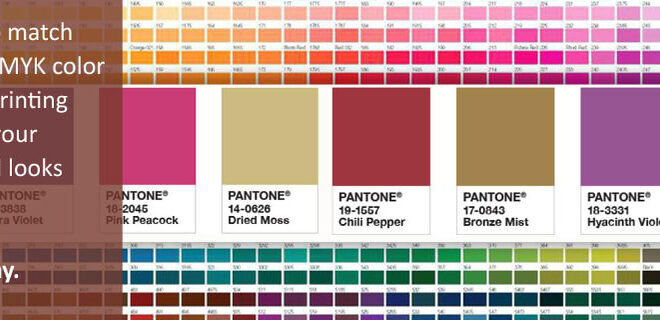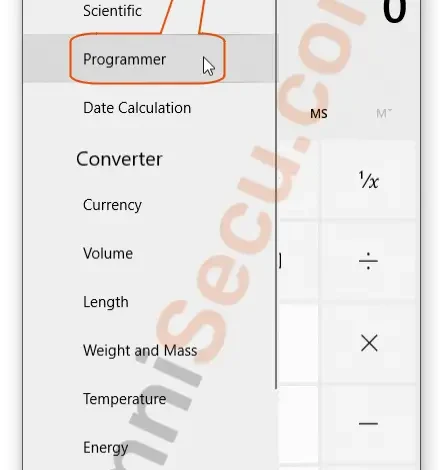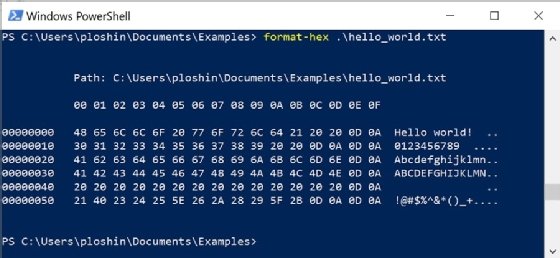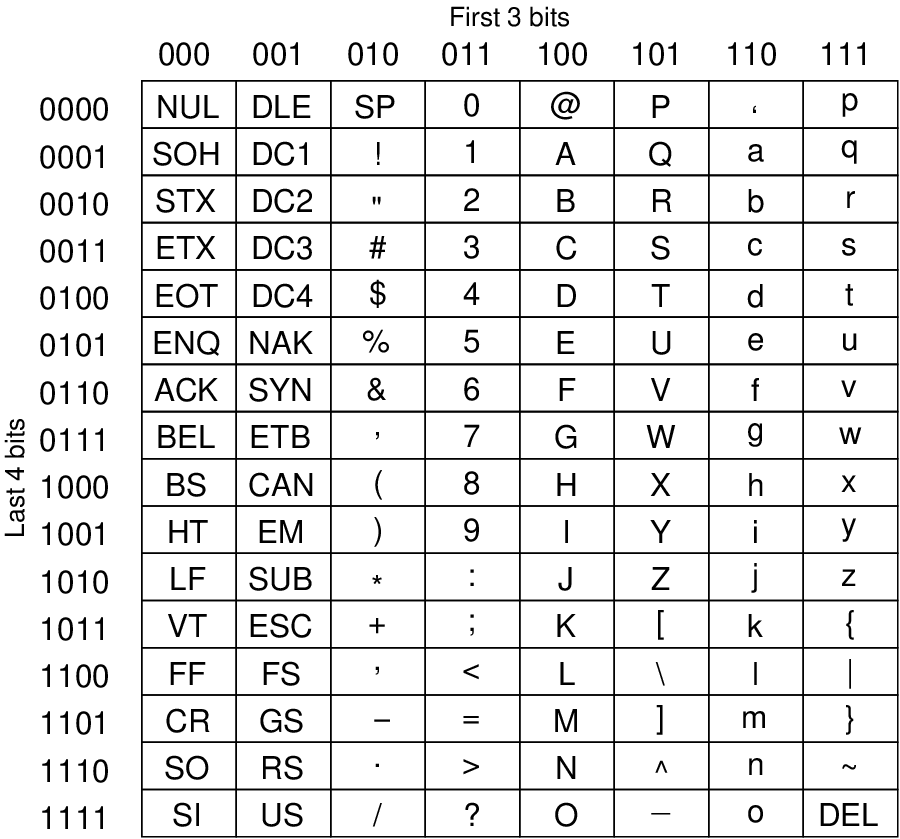
hexadecimal format
Decoding the Digital World: Understanding Hexadecimal
Ever wondered how computers talk to each other? They use a special language, a secret code, and hexadecimal is a big part of that secret.
What is Hexadecimal?
Hexadecimal is a base-16 numbering system. It uses 16 digits, 0 to 9 and A to F, to represent values. Think of it as a shorter way to write binary code. (Binary uses only 0 and 1).
Why Use Hexadecimal?
It's simpler and more compact than long strings of binary code. It's super handy for working with colors, files, and computer systems in general.
Converting Between Hex and Decimal
Understanding how to convert between hexadecimal and decimal values is crucial. You see, different systems use different "languages". Here's the lowdown on conversions:
Steps to Convert From Hex to Decimal:
-
Find the place values: Each hexadecimal digit has a corresponding place value (1, 16, 256, 4096…).
-
Multiply each digit: Multiply each hexadecimal digit by its corresponding place value.
-
Add the results: Add up all the results. (This seems kinda tricky, but actually you get the hang of it quite fast, once you see a few examples.)
Steps to Convert from Decimal to Hex
-
Divide the decimal number: Divide the decimal number by 16 repeatedly.
-
Collect the remainders: The remainders you get when you divide by 16 become your hexadecimal digits (0 to 15).
-
Write down the digits from the remainders to your answer This may feel backwards to start but when you do practice, you'll figure it out quite easily
Examples: Real-World Hex Conversions
Let's see some easy examples to see the practical part! It can be tough to wrap your head around these things when you're first starting. (So, keep your eyes and your mind focused, and you'll learn to appreciate all these techniques)
Example 1: Converting Hexadecimal "FF" to Decimal:
F represents 15, and F is multiplied by the place value, (this is 16^1 which means times 16) to the result , you should have 15 * 16^1 + 15 *16^0= 255 decimal
Example 2: Converting Decimal "10" to Hexadecimal
Following steps will help you do it correctly.
10 divide 16 leaves 10 remainder
Then take out 10 which is a and this is your hexadecimal equivalent.
Hexadecimal Colors (RGB values)

Source: sandilands.info
This is the big part because it shows how you can use hexadecimal values in the real world. Hexadecimal codes play a super important role in creating website and application colors, for all different elements, fonts and other interactive things that we use.
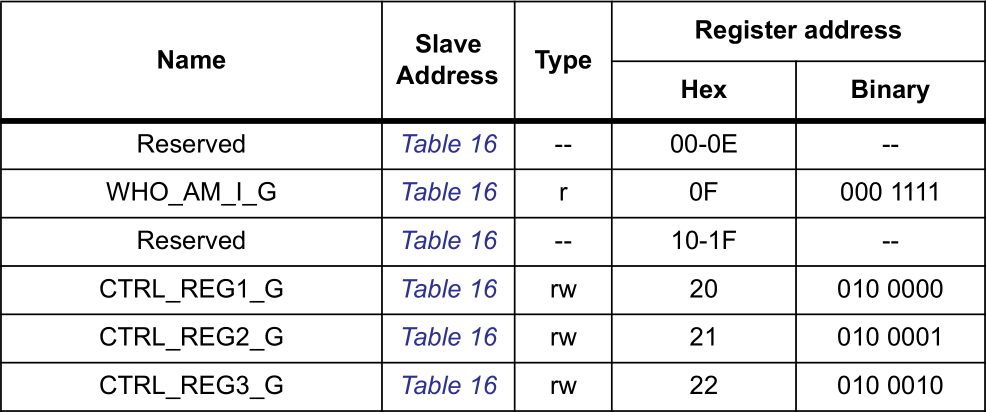
Source: sparkfun.com
Understanding RGB Colors:
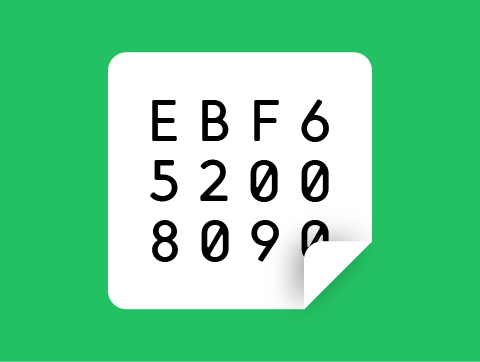
Source: pressidium.com
Red, Green, and Blue values. (Each is coded on its place value from 0 to 255 for decimal which translates to 00 to FF, in hex values.
Example Color Codes
Here are some different colors for easy understanding.
-
#FF0000 (Red)
-
#00FF00 (Green)
-
#0000FF (Blue)

Source: researchgate.net
Why Hex is Everywhere
Hex is a foundational building block, as a code , behind much of what we use.
It's critical for :
-
Representing colors (websites and apps use these to show different elements, pictures, buttons.)
-
Coding (helps people working with programs.)
-
Formatting and displaying data on computers, etc. (It is quite common when you work with images as well!)
Tips for Learning Hex Conversions:
-
Practice with small numbers at first to develop an understanding.
-
Use an online hex-to-decimal or decimal-to-hex converter to check your work, It can really help and gives good insight to how numbers are represented.
-
Do more problems that ask to solve real world use cases to build proficiency, so when problems arises, you have a strategy of how to convert them for practical use.
-
Review each type of converter when faced with conversion problems, you would become more familiar.
Understanding your learning curve for Hexadecimals
This might take time (we all have areas we struggle with), keep reviewing what we have already looked at, try doing problems repeatedly so you feel you are comfortable. Just stick to practice , with this technique. Try these resources or watch online videos. (There's an amazing variety out there and there's bound to be something that suits your taste.)
Hexadecimal Beyond Basics: Deeper Dive
There's way more to this code that you will get into when you use computers on a more consistent basis, especially for someone whose into design , coding , software developments (for programming).
You may even go into
- Advanced color palettes
- Complex code design
If you stick with it, learning the different representations with examples of the systems will benefit your learning even more (I would suggest more frequent revisions to the examples above , if there's a way for you to retain what is needed), for these codes, to remember, and try these conversion steps again for various cases and types , when it is appropriate . You will be amazed at what can be done !
Real-world application
Let’s think about real world examples! These conversions might sound like a difficult part of understanding codes , however,
Knowing these conversions can come handy at any point and you will be amazed!
Here are a few common real life areas!
-
Web development : Web designers/ developers are constantly changing colours or different styles or fonts etc. by changing colors (a task of the conversions ) using different code hexadecimal values, from dark/bright shades! to enhance their works and to have some style in there projects!
-
Graphic design : For designers who want some special effects to be implemented with design features, the ability to change them depends entirely on using hex code and it takes some efforts, just by converting a color or style on demand .
-
Games : Many times games also needs codes, values are converted. Using hex conversions , or by the application that games usually used for creating these special values
These are just a few , really you can come across a large amount and number of ways where hex comes into play in any field! (For now I am skipping a step here for more efficiency).
